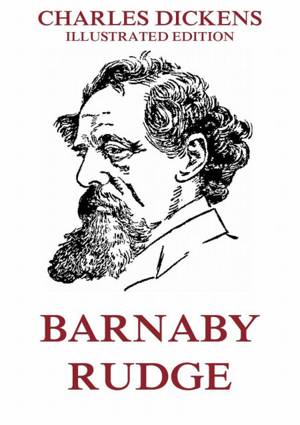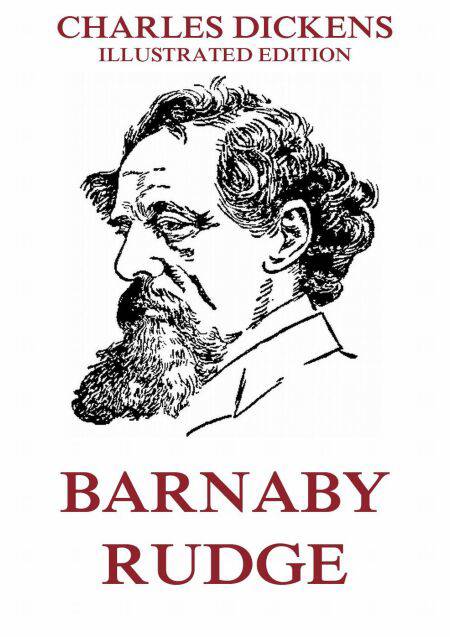
- Afhalen na 1 uur in een winkel met voorraad
- Gratis thuislevering in België vanaf € 30
- Ruim aanbod met 7 miljoen producten
- Afhalen na 1 uur in een winkel met voorraad
- Gratis thuislevering in België vanaf € 30
- Ruim aanbod met 7 miljoen producten
Zoeken
Omschrijving
Barnaby Rudge was Dickens's fifth novel, and was published in 1841. The plot is extremely intricate. Barnaby is a poor half-witted lad, living in London toward the close of the eighteenth century, with his mother and his raven Grip. His father had been the steward of a country gentleman named Haredale, who was found murdered in his bed, while both his steward and his gardener had disappeared. The body of the steward, recognizable only by the clothes, is presently found in a pond. Barnaby is born the day after the double murder. Affectionate and usually docile, credulous and full of fantastic imaginings, a simpleton but faithful, he grows up to be liked and trusted. His mother having fled to London to escape a mysterious blackmailer, he becomes involved in the famous "No Popery" riots of Lord George Gordon in 1780, and is within an ace of perishing on the scaffold. The blackmailer, Mr. Haredale the brother and Emma the daughter of the murdered man, Emma's lover Edward Chester, and his father, are the chief figures of the nominal plot; but the real interest is not with them but with the side characters and the episodes. Some of the most whimsical and amusing of Dickens's character-studies appear in the pages of the novel; while the whole episode of the gathering and march of the mob, and the storming of Newgate, is surpassed in dramatic intensity by no passage in modern fiction, unless it is by Dickens's own treatment of the French Revolution in the 'Tale of Two Cities.'
Specificaties
Betrokkenen
- Auteur(s):
- Illustrator(s):
- Uitgeverij:
Inhoud
- Aantal bladzijden:
- 885
- Taal:
- Engels
Eigenschappen
- Productcode (EAN):
- 9783849642921
- Verschijningsdatum:
- 25/02/2014
- Uitvoering:
- E-book
- Beveiligd met:
- Digital watermarking
- Formaat:
- ePub

Alleen bij Standaard Boekhandel
Beoordelingen
We publiceren alleen reviews die voldoen aan de voorwaarden voor reviews. Bekijk onze voorwaarden voor reviews.








